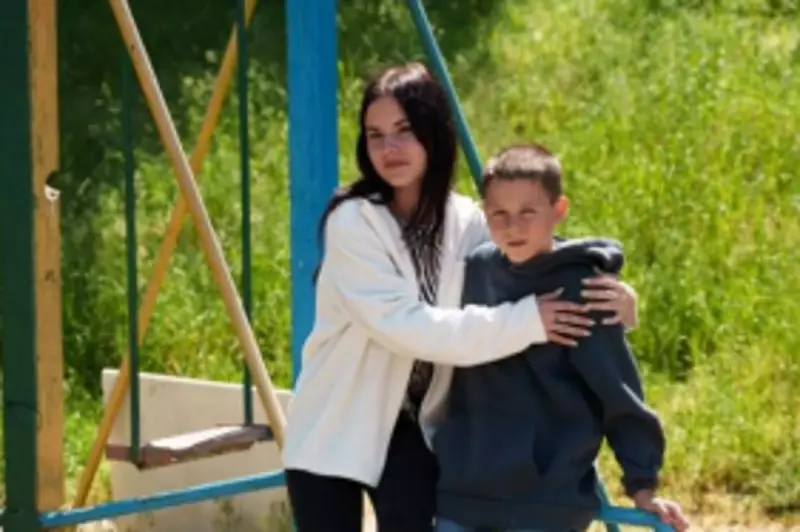
The International Criminal Court (ICC) has taken the unprecedented step of issuing an arrest warrant for Russian President Vladimir Putin, directly implicating him in the alleged war crime of unlawfully deporting hundreds of Ukrainian children to Russia.
The charges, which mark a significant escalation in international legal action against the Kremlin, accuse Putin of bearing individual criminal responsibility for the forced transfer of children from occupied Ukrainian territories.
A Systematic Campaign of Deportation
According to extensive investigations, Russian authorities have systematically transported thousands of Ukrainian children to camps and facilities inside Russia under the guise of 're-education' programmes and pro-Russian patriotic indoctrination.
Moscow has openly admitted to relocating thousands of Ukrainian children, framing its actions as a humanitarian mission to protect orphans and children from conflict zones. However, the ICC and Ukrainian officials assert these transfers are anything but voluntary.
The Key Figure: Maria Lvova-Belova
Also named in the ICC warrant is Maria Lvova-Belova, Russia's Presidential Commissioner for Children's Rights. Lvova-Belova has been the public face of the programme, even publicly stating she adopted a teenage boy from the Ukrainian city of Mariupol.
Her involvement is seen as central to the operation, which critics condemn as a blatant attempt to erase Ukrainian identity and assimilate a generation of children into Russian culture and loyalty.
International Condemnation and Legal Precedent
The ICC's warrant represents a historic moment, being the first time the court has issued charges against the leader of a permanent member of the UN Security Council. While Russia dismisses the court's jurisdiction, the warrant severely limits Putin's ability to travel internationally to any country that is a signatory to the Rome Statute.
Ukrainian officials, alongside human rights organisations like Human Rights Watch, have hailed the decision as a crucial step towards accountability. They estimate the number of deported children could be as high as 16,000, though the true figure remains difficult to verify.
The case now stands as a pivotal test for international justice and the global response to one of the most disturbing aspects of the ongoing conflict in Ukraine.





